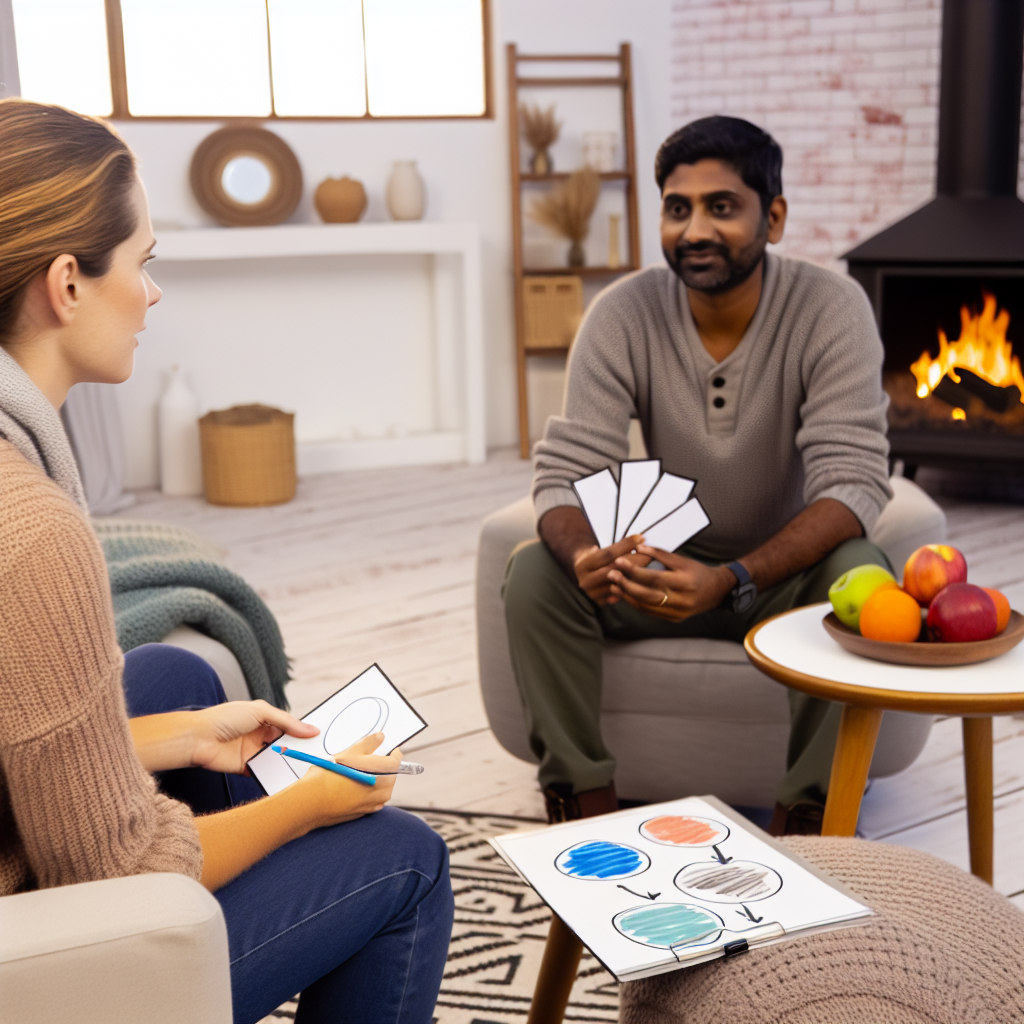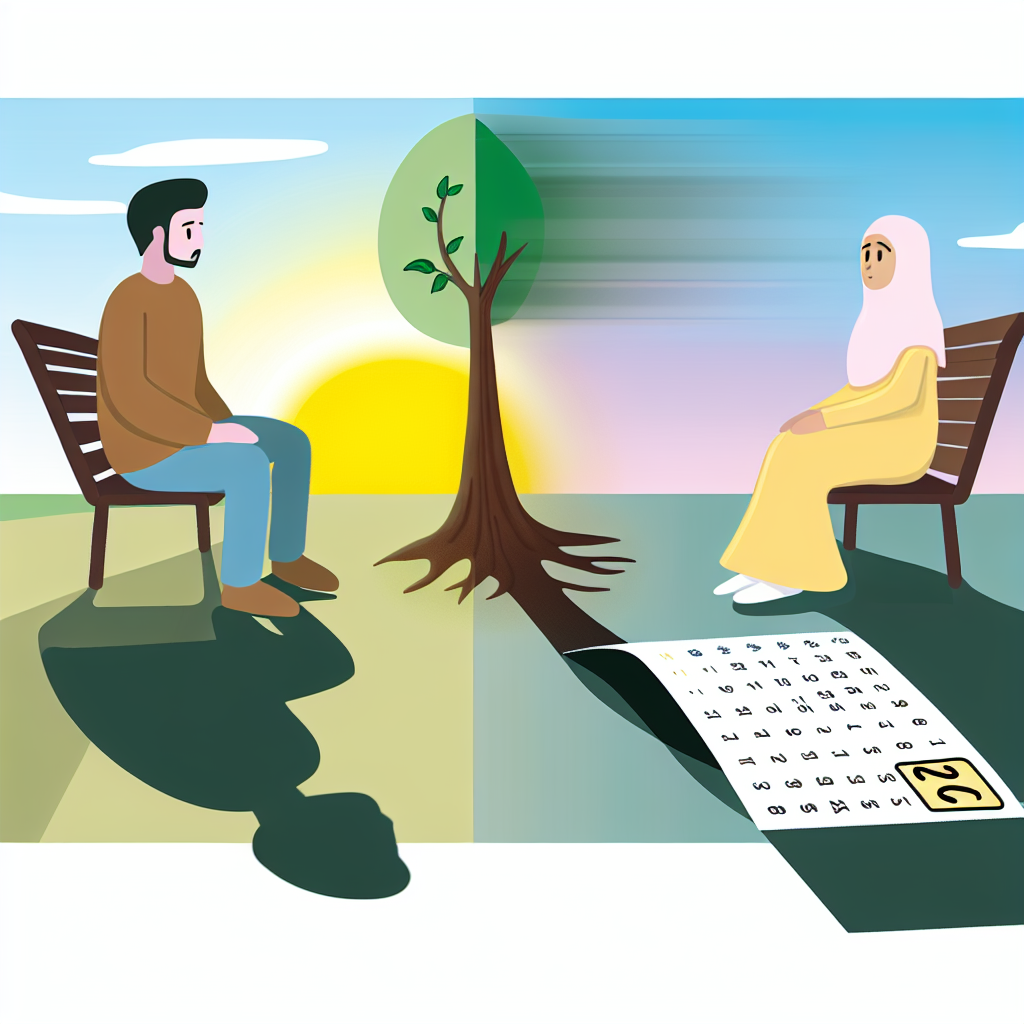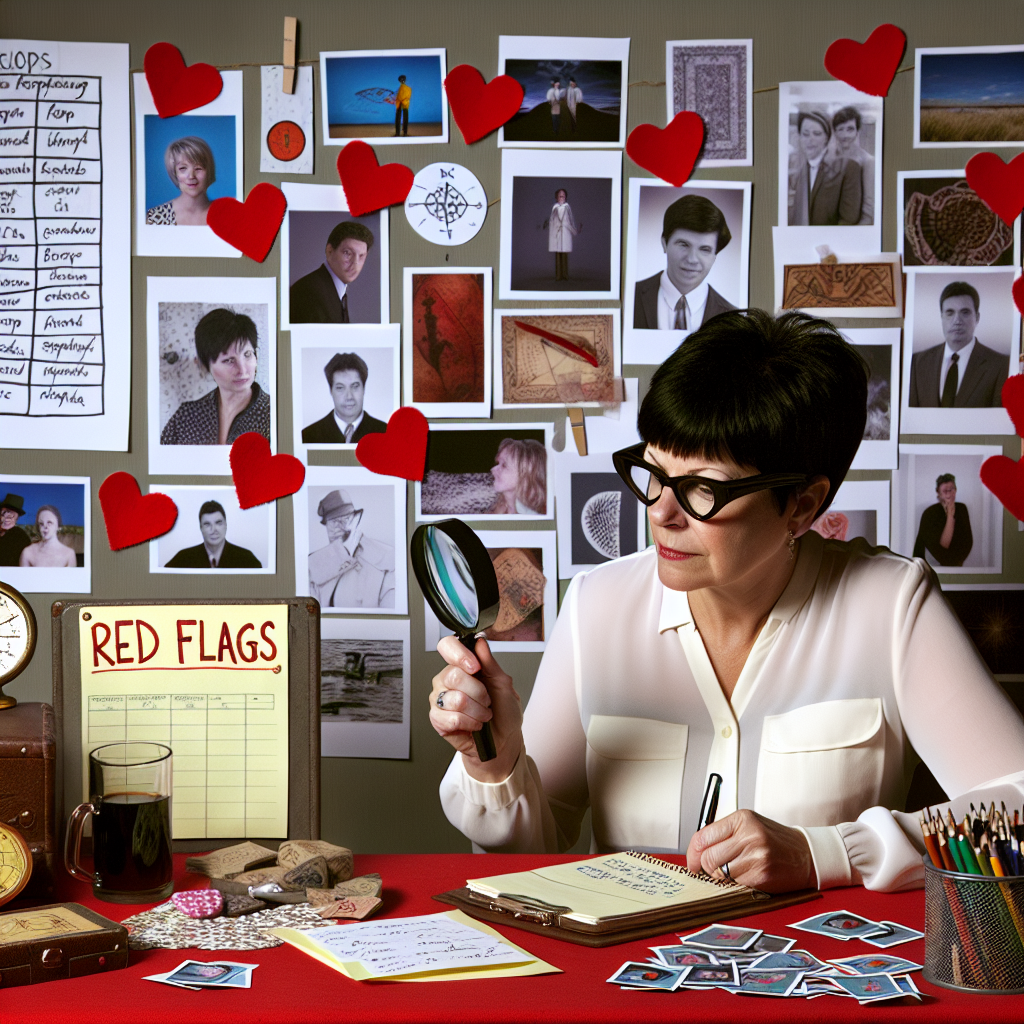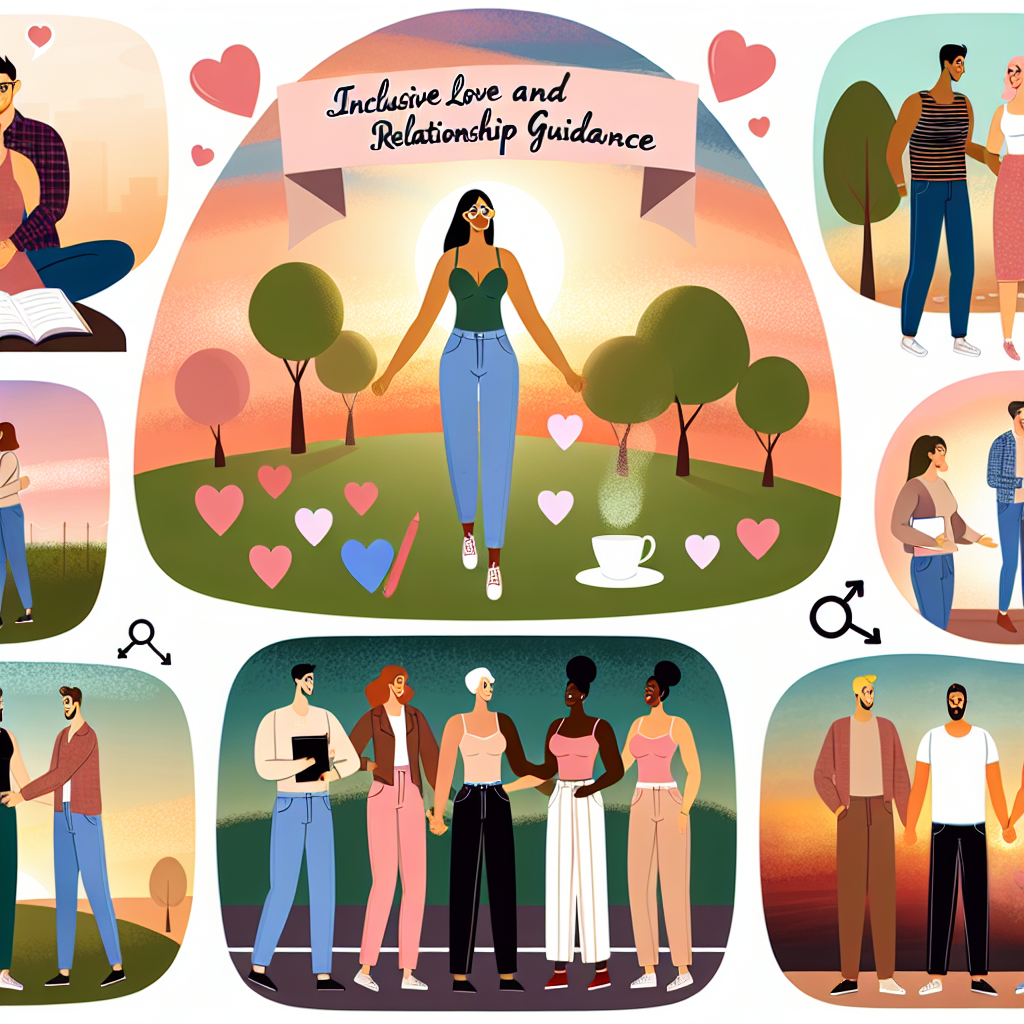# Dating With ADHD or Autism: Communication Tools That Work
Dating is never easy — and if you’re navigating the journey with ADHD or autism, you may face some unique hurdles. But what if those differences could become your biggest strengths?
Whether you’re fresh on the dating scene in your 20s or rediscovering love at 60, understanding how neurodiversity influences connection is key. Let’s explore how you can turn communication challenges into meaningful connections through practical tools, scientific insights, and real-world strategies.
Understanding the Neurodiverse Dating Landscape
Dating can feel like uncharted territory for many people, but for those with ADHD (Attention Deficit Hyperactivity Disorder) or Autism Spectrum Disorder (ASD), there’s often an added layer of complexity.
ADHD daters might be impulsive texters, forget important details, or unintentionally talk over others in excitement — traits some may find charmingly unpredictable, while others may misinterpret. Autism may create challenges in interpreting sarcasm or reading subtle social cues, yet autistic individuals often bring sincerity, loyalty, and emotional depth to relationships.
What’s important is knowing that these differences don’t make dating impossible — they just require different tools and approaches. And the great news? These tools are available and supported by science.
The Science Says: Communication Is Key
Scientific studies consistently show that communication — particularly open, honest communication — is the most important factor in successful relationships. This holds especially true for neurodiverse individuals.
A study in the Journal of Attention Disorders highlighted the challenges people with ADHD face, such as impulsivity and emotional regulation. But it also emphasized something powerful: when partners openly discuss ADHD-related behaviors, relationships tend to become stronger and more resilient.
[Reference: Journal of Attention Disorders](https://journals.sagepub.com/home/jad)
Likewise, a 2016 study published in the Journal of Autism and Developmental Disorders revealed that autistic adults often crave relationships but struggle with decoding social dynamics. The use of structured tools like check-in routines and direct communication helped reduce anxiety and improve intimacy.
[Reference: Journal of Autism and Developmental Disorders](https://link.springer.com/journal/10803)
Proven Tools That Foster Connection
Thankfully, you don’t have to navigate dating alone. Researchers and therapists have developed tools to support neurodivergent individuals in building healthy, romantic connections.
Here are a few powerful tools and programs that have shown promising results:
✅ The PEERS® Program (UCLA):
Designed for teens and adults with autism, PEERS® teaches dating-specific skills like how to respond in conversations, effectively flirt, and deal with rejection. Through roleplay and coached social interactions, participants build dating confidence.
[Learn more](https://www.semel.ucla.edu/peers)
✅ The Gottman Method:
Recognized worldwide for its in-depth relationship research, the Gottman Institute emphasizes “emotional bids” — simple ways we seek connection, like asking “How was your day?” Recognizing and responding to these bids (even in neurodivergent expression) can strengthen intimacy immensely.
[Explore tools](https://www.gottman.com)
✅ Mindful Tech Tools:
Apps like Moodnotes help articulate emotions when words don’t come easily, while the Gottman Card Decks app offers thought-provoking questions designed to deepen emotional connection.
✅ Scheduled Check-Ins + Digital Reminders:
Establish regular times to talk about feelings, needs, or even scheduling the next date. Use calendar alerts or shared apps so that managing commitments becomes a team effort.
Practical Communication Tips for Neurodiverse Daters
If you or your partner have ADHD or autism, the following tips can create smoother, more satisfying dating experiences:
– 🗓 **Set Regular Check-Ins**: Whether weekly or daily, build a habit of openly discussing how you’re feeling in the relationship.
– 🔁 **Practice Mirroring in Conversations**: Reflect back what your partner says to ensure clarity — “So if I understand you right, you’re saying…”
– 🧠 **Use Reminders for Dates and Shared Plans**: Digital tools can reduce reliance on memory and show your commitment.
– 🤝 **Be Direct and Honest**: Say what you mean. Kind and clear communication cuts through confusion and aligns expectations.
These strategies don’t just help neurodivergent individuals — they benefit all relationships by enhancing mutual understanding and lowering emotional guesswork.
Love on Your Terms: Conclusion
Dating with ADHD or autism isn’t about “fixing” who you are to fit someone else’s expectations. It’s about recognizing your unique strengths, communicating clearly, and choosing partners who appreciate your whole self.
Using scientifically supported tools, couples of all neurotypes can create relationships filled with empathy, joy, and connection. Whether you’re just starting your dating journey or rediscovering love later in life, relationships that work begin with communication that works for you.
Because love — neurodivergent or not — is for everyone. 💙
Helpful Resources
– **Journal of Attention Disorders** — [ADHD and Romantic Partnerships](https://journals.sagepub.com/home/jad)
– **Journal of Autism and Developmental Disorders** — [Autism and Adult Romantic Relationships](https://link.springer.com/journal/10803)
– **PEERS® (UCLA)** — [Social Skills Intervention](https://www.semel.ucla.edu/peers)
– **The Gottman Institute** — [Relationship Communication Tools](https://www.gottman.com)
Summary:
This article explores the unique challenges and strengths that individuals with ADHD or autism may face in the dating world. It highlights the importance of open communication, and provides practical tools and strategies supported by scientific research to help build meaningful, fulfilling relationships. The article emphasizes that neurodiversity is not a hindrance, but an opportunity to find partners who appreciate and celebrate one’s authentic self.

Dominic E. is a passionate filmmaker navigating the exciting intersection of art and science. By day, he delves into the complexities of the human body as a full-time medical writer, meticulously translating intricate medical concepts into accessible and engaging narratives. By night, he explores the boundless realm of cinematic storytelling, crafting narratives that evoke emotion and challenge perspectives. Film Student and Full-time Medical Writer for ContentVendor.com




